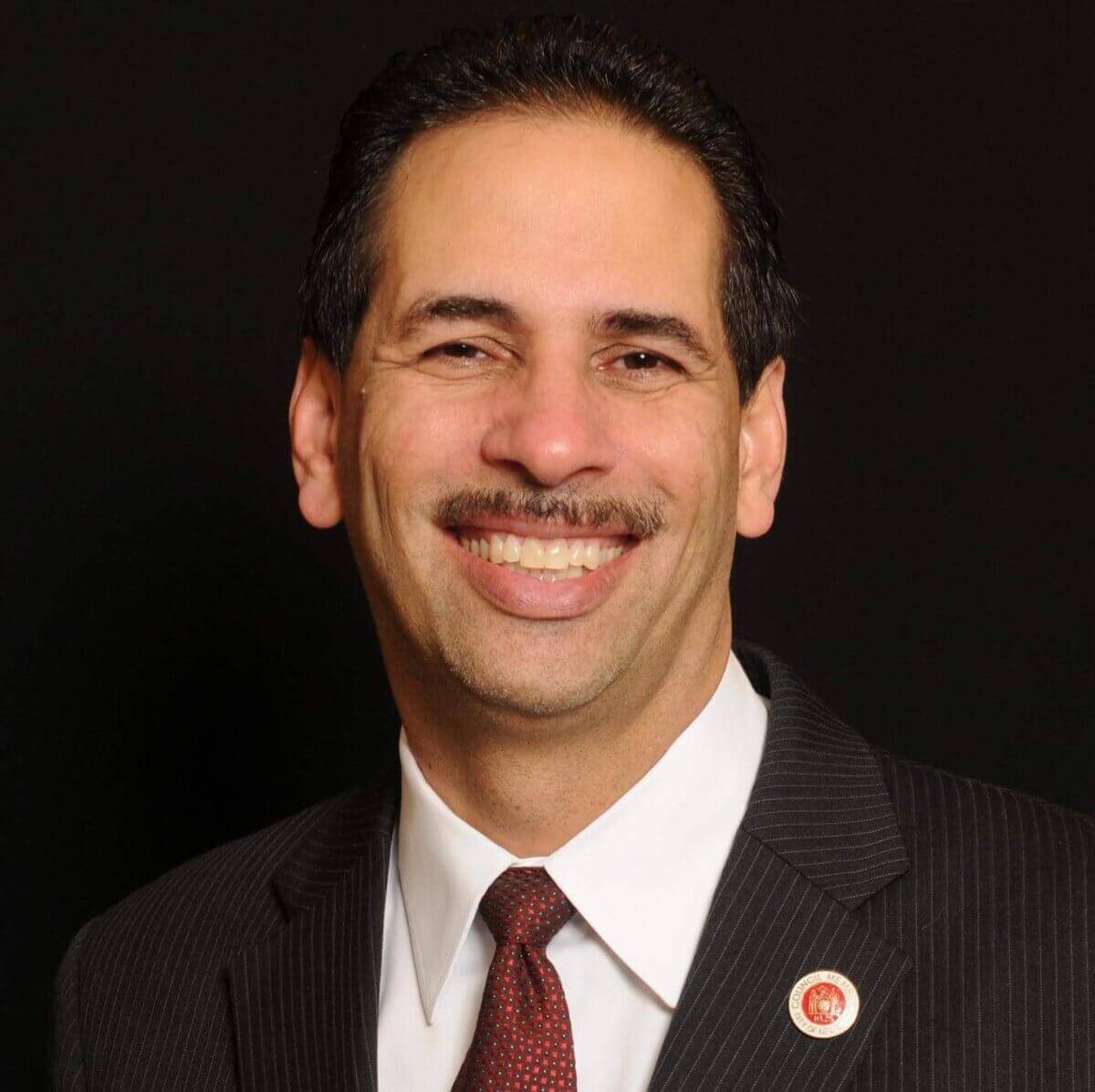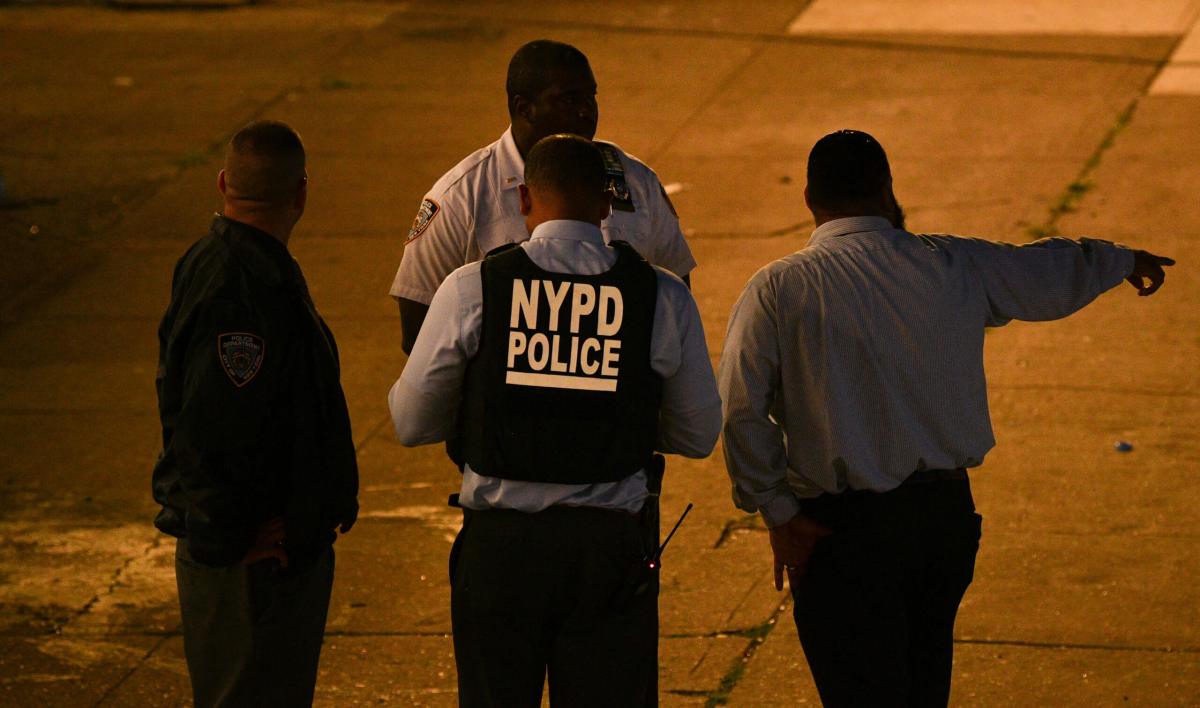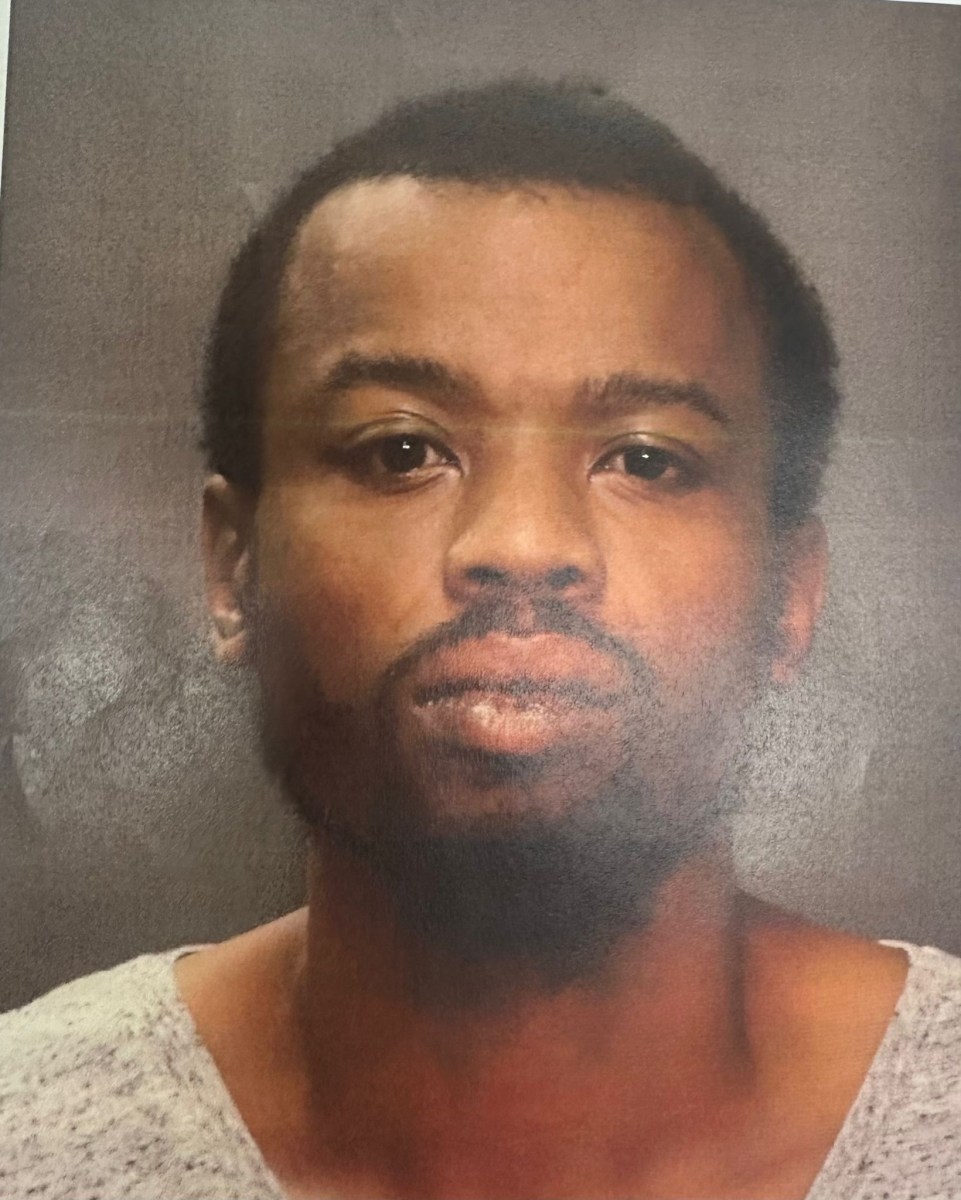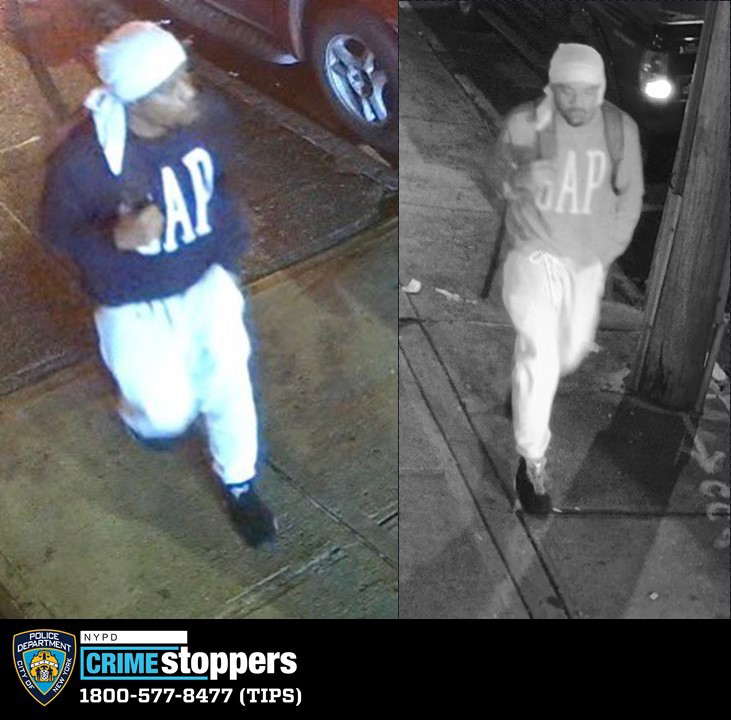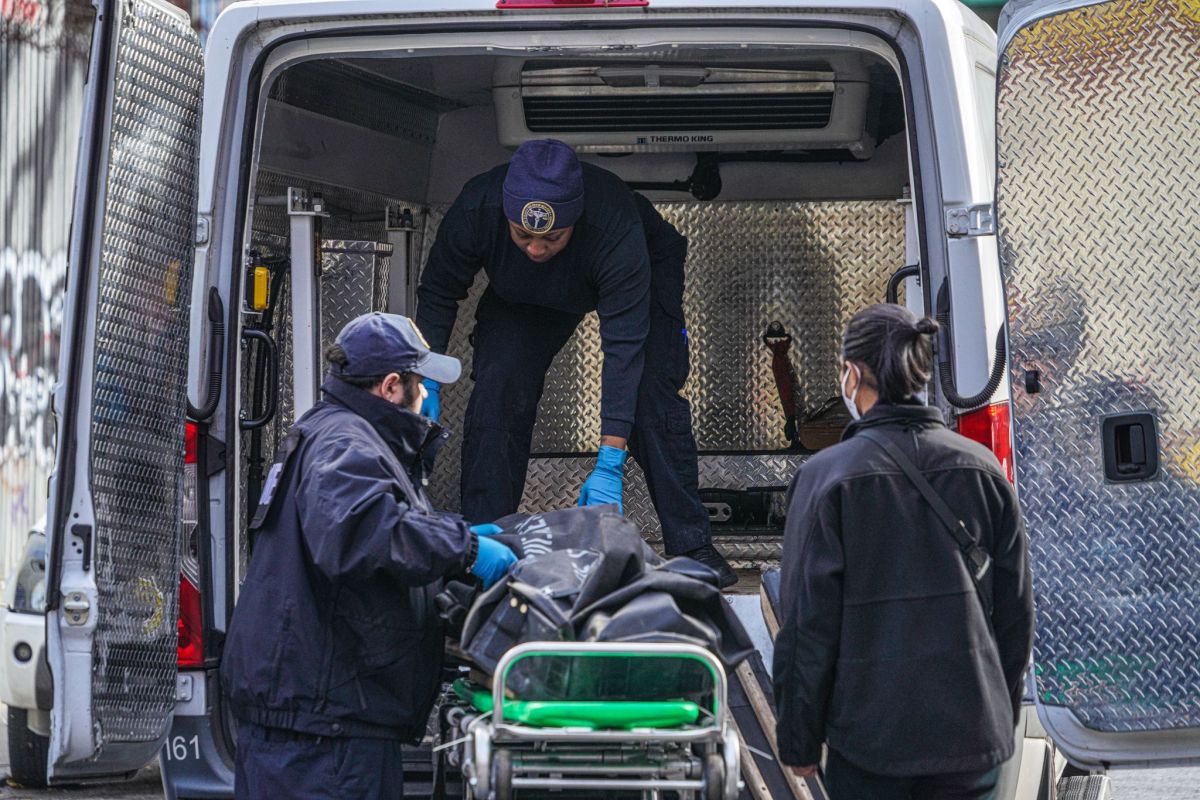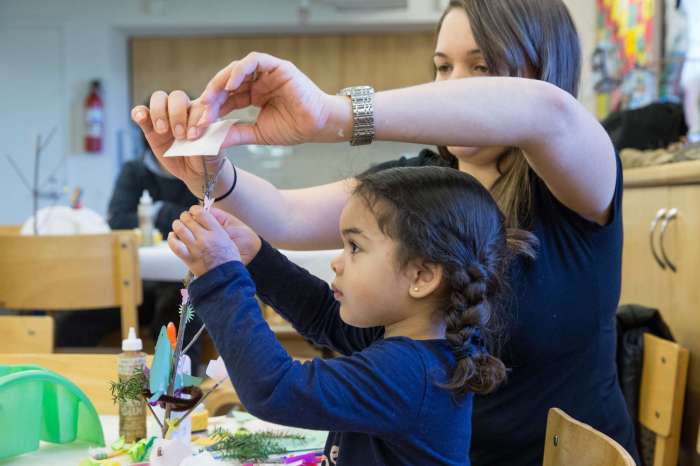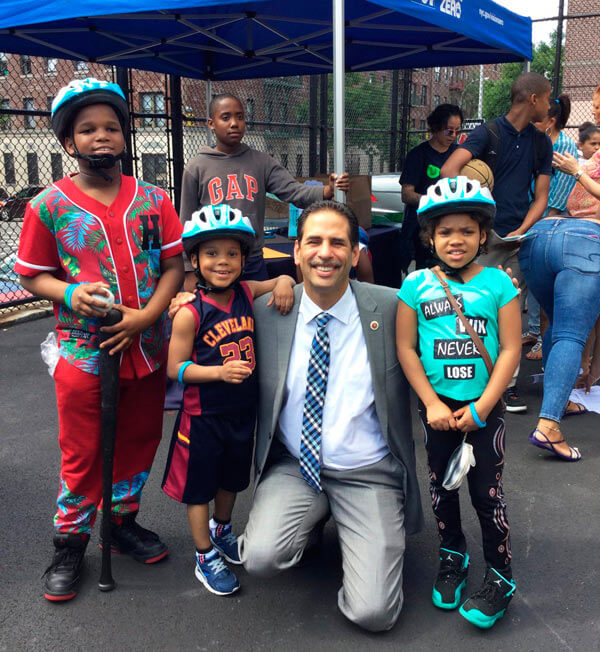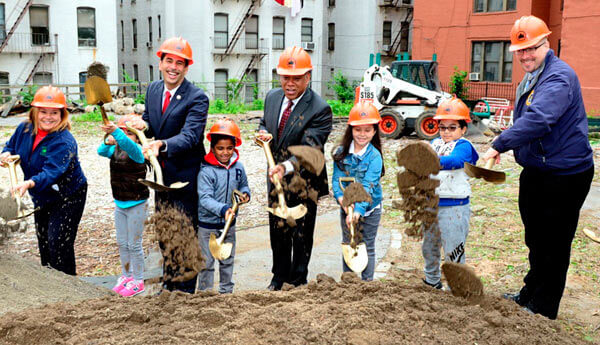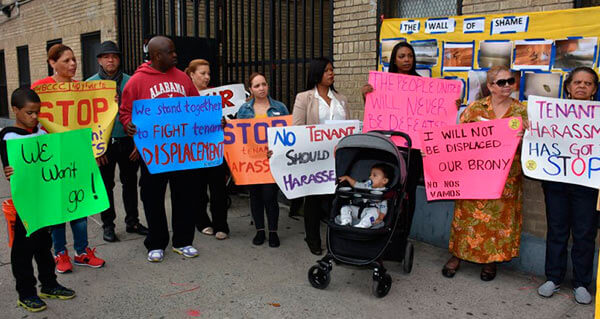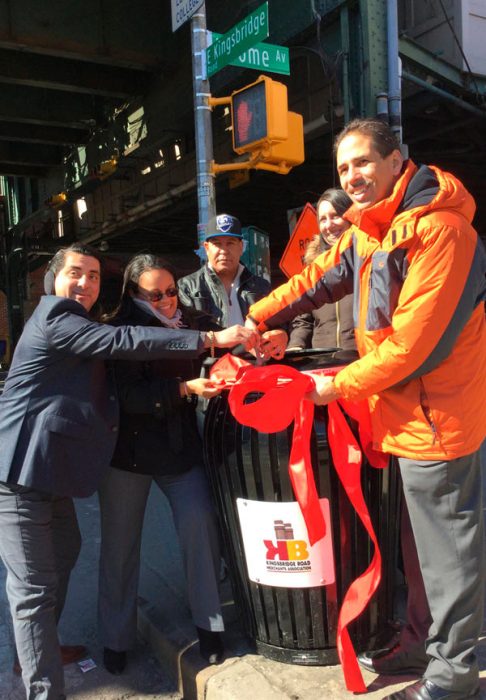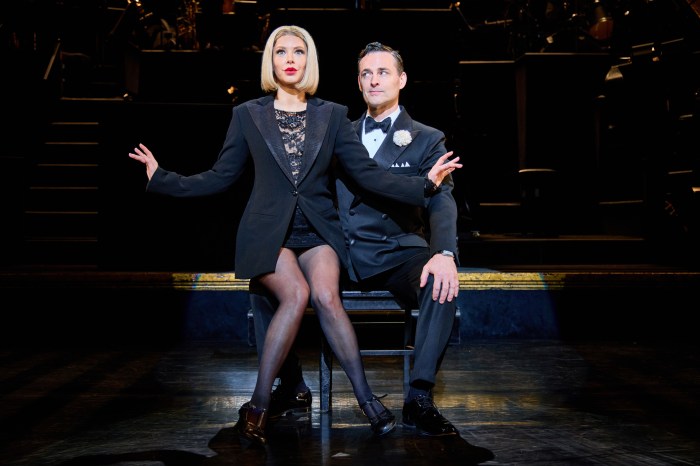In 2018, Councilman Fernando Cabrera introduced legislation that would legalize electric scooters, electric bicycles and create a pilot program for shared scooters in New York City’s outer boroughs.
On Thursday, the City Council approved these bills.
“It’s time to recognize and act on solutions to transit inequity, social injustice and transit alternatives that take cars off the road and decrease air pollution,” Cabrera said. “This is extremely important, especially in communities like my district, with some of the highest rates of asthma and other respiratory illnesses in the state, that don’t have a bike share program and where people have been hit hardest by COVID-19.”
Since the bills were introduced in 2018, the Council and its Transportation Committee have received input from numerous advocate groups, representing environmentalists, restaurant delivery workers, transit-poor communities and people with disabilities.
“I’m very grateful for all of their input and participation in the important process of crafting effective legislation that reflects our values and meets the needs of the most vulnerable New Yorkers,” the councilman said. “We’re at a point where many New Yorkers can’t even afford transit fare. Our delivery workers who have provided an essential service during the COVID-19 pandemic, rely on e-bikes to work to support themselves and their families and alternative transportation choices have excluded people with disabilities. The new laws and the pilot program reflect the feedback we received from diverse coalitions of New Yorkers.”
The council’s action was taken after a statewide law was passed in April, lifting restrictions on certain electric bicycles and scooters, leaving to local governments the development of safety regulations and limitations on use within their respective jurisdictions. The NYC Department of Transportation will have 120 days to develop and issue the regulations. Legalization is restricted to electric bikes that operate up to 25 miles per hour and electric scooters that operate up to 20 miles per hour. The vehicles will only be operated on streets or in bike lanes.
Under the new law, only e-bikes that remain illegal, if operated unsafely, will be impounded by police. The current fines of up to $500 for the illegal bikes will be lowered, providing relief for delivery workers. The e-scooter share pilot program will prioritize outer borough communities that do not have the Citi Bike bike share program. The pilot will be developed and overseen by the Department of Transportation, which is required to report to the council on the program’s progress.
The new law requires the Department of Transportation to issue a solicitation for the program’s operation by Oct. 15, with the pilot starting by March 1, 2021. The pilot is required to include accessible e-scooter options for people with disabilities.
“A pilot program will allow us to develop best practices for scooter-share programs that are safe, protect people with disabilities and provide them with transit options,” Cabrera said. “With the legalization of e-bikes that travel only up to 25 miles per hour, and restrictions on impoundment to those e-bikes that don’t meet this standard, our delivery workers, will feel safer in their daily work, supporting their families. I’m proud of the work we’ve done to make New York a more just, accessible and greener city.”

